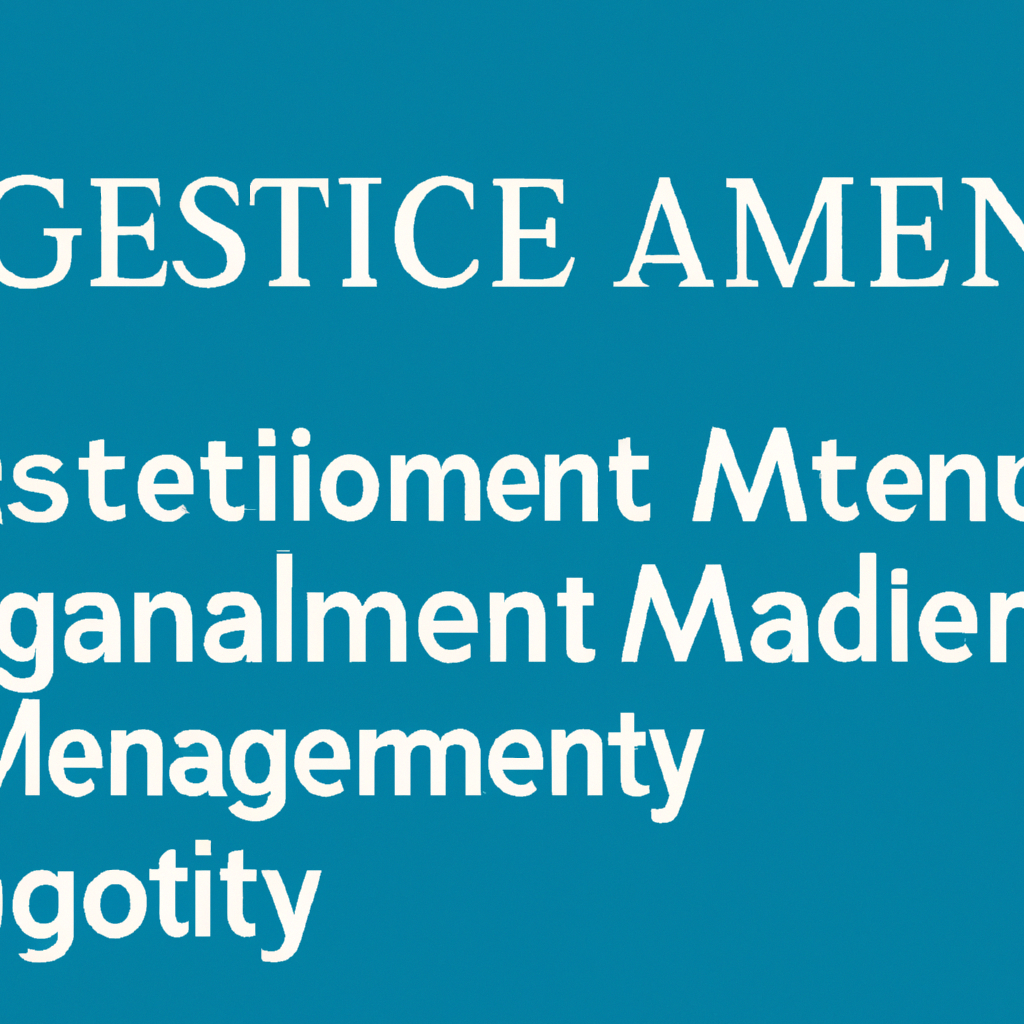Global Asset Management Trends
Introduction
Asset management is a crucial aspect of financial planning for individuals and organizations alike. With the constantly evolving global economy, it is important to stay updated on the latest trends in asset management to ensure financial success and stability. In this article, we will explore some of the key trends shaping the world of asset management today.
Increased Focus on ESG Investing
ESG (Environmental, Social, and Governance) investing has gained significant traction in recent years. Investors are increasingly looking to incorporate ESG factors into their investment decisions, not only for ethical reasons but also for financial performance. Asset managers are responding to this trend by offering more ESG-focused investment products and integrating ESG considerations into their overall investment strategies.
Shift Towards Passive Investing
Passive investing, which involves tracking a market index rather than actively picking individual stocks, has become increasingly popular in the asset management industry. This trend is driven by the lower fees associated with passive investment products, as well as the growing evidence that actively managed funds often fail to outperform their benchmarks over the long term. Asset managers are adapting to this shift by offering more passive investment options to meet the demand from investors.
Embracing Technology
Technology is transforming the asset management industry, enabling more efficient and data-driven decision-making processes. Asset managers are increasingly leveraging artificial intelligence, machine learning, and big data analytics to enhance their investment strategies and improve client outcomes. Robo-advisors, which use algorithms to provide automated investment advice, are also gaining popularity among investors looking for low-cost and convenient asset management solutions.
Focus on Risk Management
In today’s volatile and uncertain market environment, risk management has become a top priority for asset managers. With geopolitical tensions, economic uncertainties, and market fluctuations, asset managers are implementing robust risk management practices to protect their clients’ investments and ensure long-term financial stability. This includes diversifying portfolios, stress-testing investment strategies, and closely monitoring market trends to identify potential risks and opportunities.
Conclusion
As the global asset management landscape continues to evolve, staying abreast of the latest trends is essential for investors and asset managers alike. By embracing ESG investing, passive strategies, technology, and risk management best practices, asset managers can navigate the complexities of the market and deliver optimal outcomes for their clients. By understanding and adapting to these trends, investors can make informed decisions and achieve their financial goals in an ever-changing global economy.










